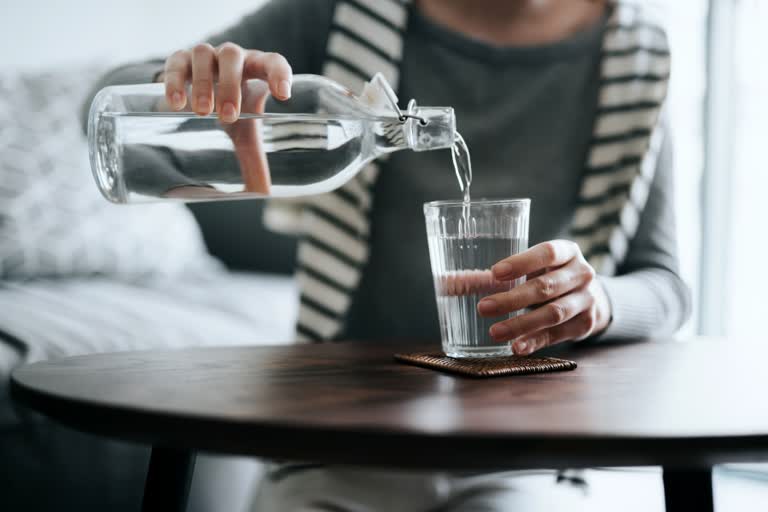Many Australians can feel overwhelmed at some stage of their life with feelings of tension, nervousness and fear for the worst. A staggering 3.2 million Australians have an anxiety-related condition, with the largest increases over recent years witnessed in those between the ages of 15-24 years. The growing field of nutritional psychiatry focuses on the effects of foods and drinks on our mental health. Despite water constituting 60-80% of the human body, it is often overlooked as a significant nutrient. A recent tweet by federal health authorities suggesting water could help reduce anxiety was received with some online scepticism. In fact, the evidence shows water and hydration can play a role in preventing and managing the symptoms of anxiety.
A well-oiled machine
We all enjoy the cooling sensation a cold drink of water provides on a sweltering summer day. Our bodies are masterfully programmed to let us know when it's time to rehydrate. We may be nourishing our brain too. Several years ago, a group of researchers undertook a review that focused on the various ways hydration impacts health. The results were promising.
Overall, negative emotions such as anger, hostility, confusion and tension as well as fatigue were found to increase with dehydration. One trial induced mild dehydration and found increased reports of tension or anxietyand fatigue in participants. Researchers have also found people who usually drink lots of water feel less calm, less content, and more tense when their water intake drops. When researchers increased the participants' water intake, people in the study felt more happiness, no matter how much water they normally drank.
Another large study found people who drink five cups or more of water per day were at lower risk of depression and anxiety. In comparison, drinking less than two cups per day doubles the risk. This link was less noticeable for anxiety alone (although feelings of depression and anxiety often influence each other).
More recently, researchers found water with electrolytes may prevent anxiety more than plain water, but it was noted that the placebo effect may explain this connection as study participants were aware when they were given the electrolyte drink. The link between dehydration and anxiety is also observed in children, who are a group at risk of dehydration. Dehydrationmight also affect how well we sleep. Poor sleep can exacerbate feelings of anxiety.
Water on the brain?
